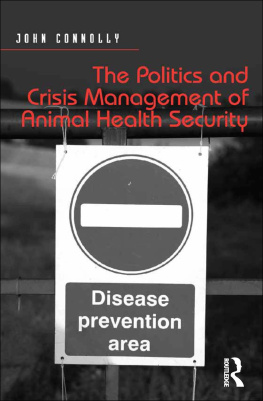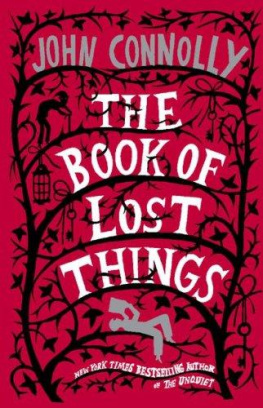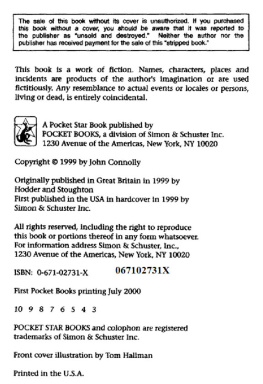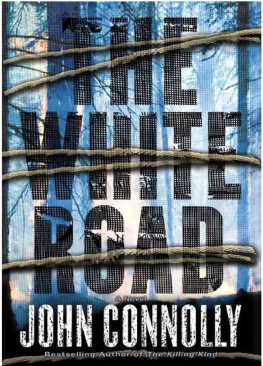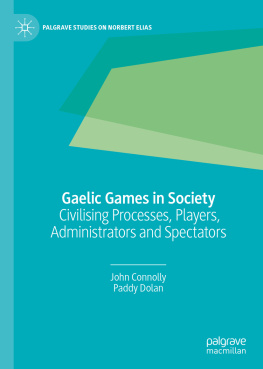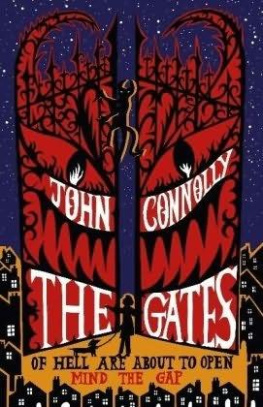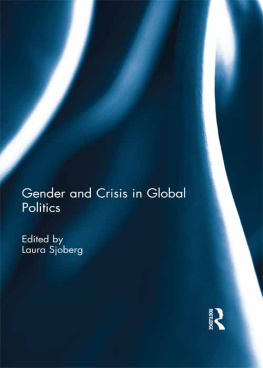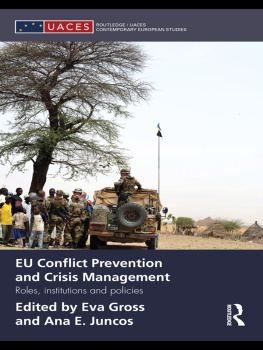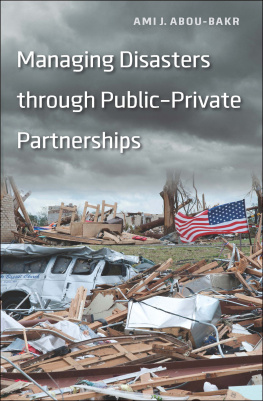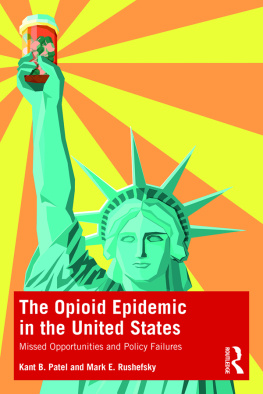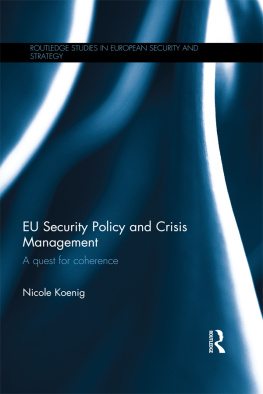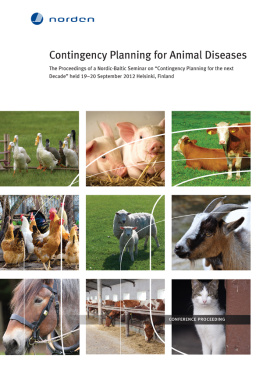THE POLITICS AND CRISIS MANAGEMENT OF ANIMAL HEALTH SECURITY
The Politics and Crisis Management of Animal Health Security
JOHN CONNOLLY
University of the West of Scotland, UK
First published 2015 by Ashgate Publishing
Published 2016 by Routledge
2 Park Square, Milton Park, Abingdon, Oxon OX14 4RN
711 Third Avenue, New York, NY 10017, USA
Routledge is an imprint of the Taylor & Francis Group, an informa business
Copyright John Connolly 2015
John Connolly has asserted his right under the Copyright, Designs and Patents Act, 1988, to be identified as the author of this work.
All rights reserved. No part of this book may be reprinted or reproduced or utilised in any form or by any electronic, mechanical, or other means, now known or hereafter invented, including photocopying and recording, or in any information storage or retrieval system, without permission in writing from the publishers.
Notice:
Product or corporate names may be trademarks or registered trademarks, and are used only for identification and explanation without intent to infringe.
British Library Cataloguing in Publication Data
A catalogue record for this book is available from the British Library.
The Library of Congress has cataloged the printed edition as follows:
Connolly, John (Lecturer in public policy : Scotland)
The politics and crisis management of animal health security / by John Connolly.
pages cm
Summary: About the 2001 foot and mouth epidemic in the United Kingdom. Includes bibliographical references and index.
ISBN 978-1-4724-3774-7 (hardback) ISBN 978-1-3155-5444-0 (ebook)
ISBN 978-1-3170-2064-6 (epub) 1. Foot-and-mouth disease Great Britain. 2. Veterinary virology Great Britain. 3. Animal health Government policy Great Britain. I. Title.
SF793.C815 2015
636.089692dc23
2014049939
ISBN: 9781472437747 (hbk)
ISBN: 9781315554440 (ebk-PDF)
ISBN: 9781317020646 (ebk-ePUB)
Contents
PART II: POLICY AND ORGANISATIONAL
CHANGE
Note on the Author
Dr John Connolly is a lecturer in politics and public policy at the University of the West of Scotland. His main research and teaching interests include policy analysis, the politics of crisis management and multi-level governance. Dr Connolly was recognised by the UK Political Studies Association when he was awarded the 2009 Sir Walter Bagehot Prize for the contribution of his doctoral thesis to research in Government and Public Administration. In 2015 he was made Senior Fellow of the UK Higher Education Academy. Before taking up his post at the University of the West of Scotland he was a policy and evaluation adviser in the Scottish public sector. He continues to undertake consultancy activities in relation to programme evaluation and policy development.
Preface
One of the main reasons why I wanted to write this book is because although there are books that consider policy dynamics and the politics of crisis management, students of public policy do not have an abundance of texts which provide a substantive analysis of a major policy sector. So, in this respect, I wanted to offer a resource to students because it might help them when it comes to their own studies of public policy.
From an empirical point of view, the book is also the result of my curiosity about what impact crises have on what happens afterwards in public policy terms. I was struck my some of the narratives in the politics of crisis management literature suggesting that crises do not always result in reform. I sought to explore this in detail by unpacking the issue to see what I could find out about the contours of policy and organisational change.
The most fascinating aspect of this journey has been that I have had the opportunity speak with key individuals who have (or once had) key public policy responsibilities in Scottish and UK government and in Brussels. The experience of understanding their world, and the contexts in which they work, has been an important learning experience for me. The interviews with current and former officials and politicians, coupled with analysis of documentary sources, are designed to uncover the dynamics and patterns of policy-making processes including issues such as bureaucratic cultures and institutional change. I hope that this shines through and helps to spark off research ideas for those interested in the area of policy dynamics.
Acknowledgements
I would like to take this opportunity to offer thanks to those who have helped me in various ways on the road to completing this book.
I am grateful to all of the politicians and officials who gave up their time to speak to me about their work. Many thanks are due to Allan McConnell (Professor of Public Policy, University of Sydney) for his comments on the book manuscript and for generally being an academic inspiration to me. Allan was one of my very first lecturers as an undergraduate student and from that point I wanted to be an academic like him! After taking some time post-PhD to work in the Scottish public sector I did end up achieving that goal. Thanks also to Robert Pyper (Professor of Public Policy, University of the West of Scotland) for his encouragement since I was an undergraduate and for his continued support as a senior colleague at UWS.
With inspirational individuals in mind, I would like to extend my very special heartfelt thanks to David Judge (Emeritus Professor of Politics, University of Strathclyde) for his guidance, meticulousness, patience, persistence, sense of humour, supervision and support all equally important skills and characteristics of an excellent mentor in my view. Davids insights and editing skills have taught me valuable lessons which I will try to harness if I ever write another book. Of course, any faults of interpretation, fact or argument in this book remain entirely my own.
Thanks are due to my folks, Dawn and John, for their support particularly in the early days when I was an undergraduate student and for keeping life interesting in many ways (Im being sarcastic there!). Drawing on his experience as an amateur boxer, my dad likes to say the harder you train the easier it is to fight. I never went into boxing myself; however, I have tried to apply this advice to my life outside of the ring. My sister, Lisa, also deserves a mention for her encouragement and good wishes over the years. I would like to thank my longest friend (more like brother) Martin Robinson for always taking a keen and genuine interest in my academic development. My mother and father in-law, Joy and Jim, have also always been supportive of my endeavours and I extend my warm thanks to them.
I know that my wife, Jennifer, will probably only read the acknowledgements section of this book. Yet despite refusing to listen to any of my academic talk (which is fair enough), your love and support means absolutely everything to me.
I dedicate this book to my two children, Robyn and Joshua (Joshie). Thanks for enriching my life beyond words and for not telling anyone that, despite being an academic by day, Im really just a big kid at night (e.g. by playing the big bad mouse and the big bad dog). It would be really embarrassing if anyone ever found out about that.

